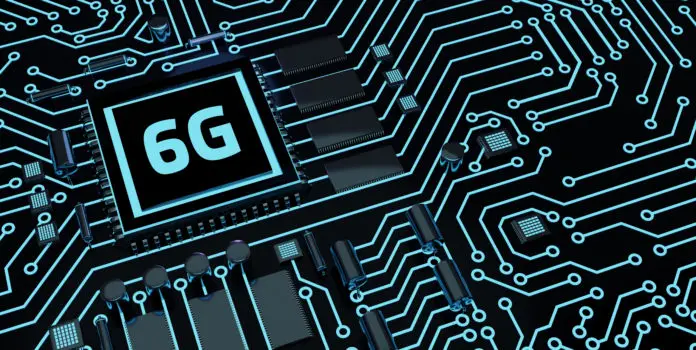Ericsson and Nokia will collaborate towards developing novel AI and distributed compute technology towards 6G research
Swedish vendor Ericsson and Indian Institute of Technology Kharagpur (IIT Kharagpur) announced a long-term cooperation for joint research in the areas of artificial intelligence (AI), compute and radio.
Under the terms of this collaboration, researchers from both organizations will collaborate towards developing novel AI and distributed compute technology towards 6G research.
Ericsson noted that AI and compute research is instrumental to the vendor’s future 6G networks, because the compute offload needs to be managed dynamically at edge and the policies would primarily be driven by AI. These themes of research are well aligned with IIT Kharagpur and both organizations view this partnership as a way to push the boundaries of fundamental research in the radio domain.
Virendra Kumar Tewari, director of IIT Kharagpur, said: “In the commitment towards Digital India and making India the hub of technological innovation, this collaboration with Ericsson will be effective for next-generation technology significantly. 6G networks integrated with artificial intelligence will enable AI-powered applications to run faster and more efficiently. In the 6G era, IIT Kharagpur aims to contribute to radio access technology and network, core network, RF and device technologies, VLSI design, neuromorphic signal processing and services and applications.”
“This collaboration strengthens our R&D commitments in India and is pivotal to Radio, Compute and AI research. We are excited to partner with IIT Kharagpur and look forward to collaborative research in fundamental areas as well as translational research for our Future Network Platforms,” said Magnus Frodigh, head of Ericsson Research.
Some of the key initiatives finalized by both organizations include a project which aims to explore resource optimization, dynamic observability and sustainable distributed and Edge computing technologies, as well as a project which aims to explore causal AI methods for joint communication and sensing (JCAS).
In September 2023, Ericsson announced the launch of its “India 6G” program with the formation of an India 6G Research team in its Chennai R&D Center.
The vendor added that its India 6G team comprises senior research leaders and a team of experienced researchers across the fields of radio, networks, AI and cloud.
Together with Ericsson research teams in Sweden and the U.S., the India research team will work collaboratively with the aim of developing the technology which will help to deliver a cyber -physical continuum where networks will deliver critical services, immersive communications and omnipresent IoT, the European vendor said.
Some of the projects on which the teams will be working include channel modeling and hybrid beamforming, low-energy networks, cloud evolution and sustainable compute, trustworthy, “explainable” and bias-free AI algorithms, autonomous agents for intent management functions, integrated sensing and communication functions for man-machine continuum and compute offload to edge-computing cloud, amongst others.

